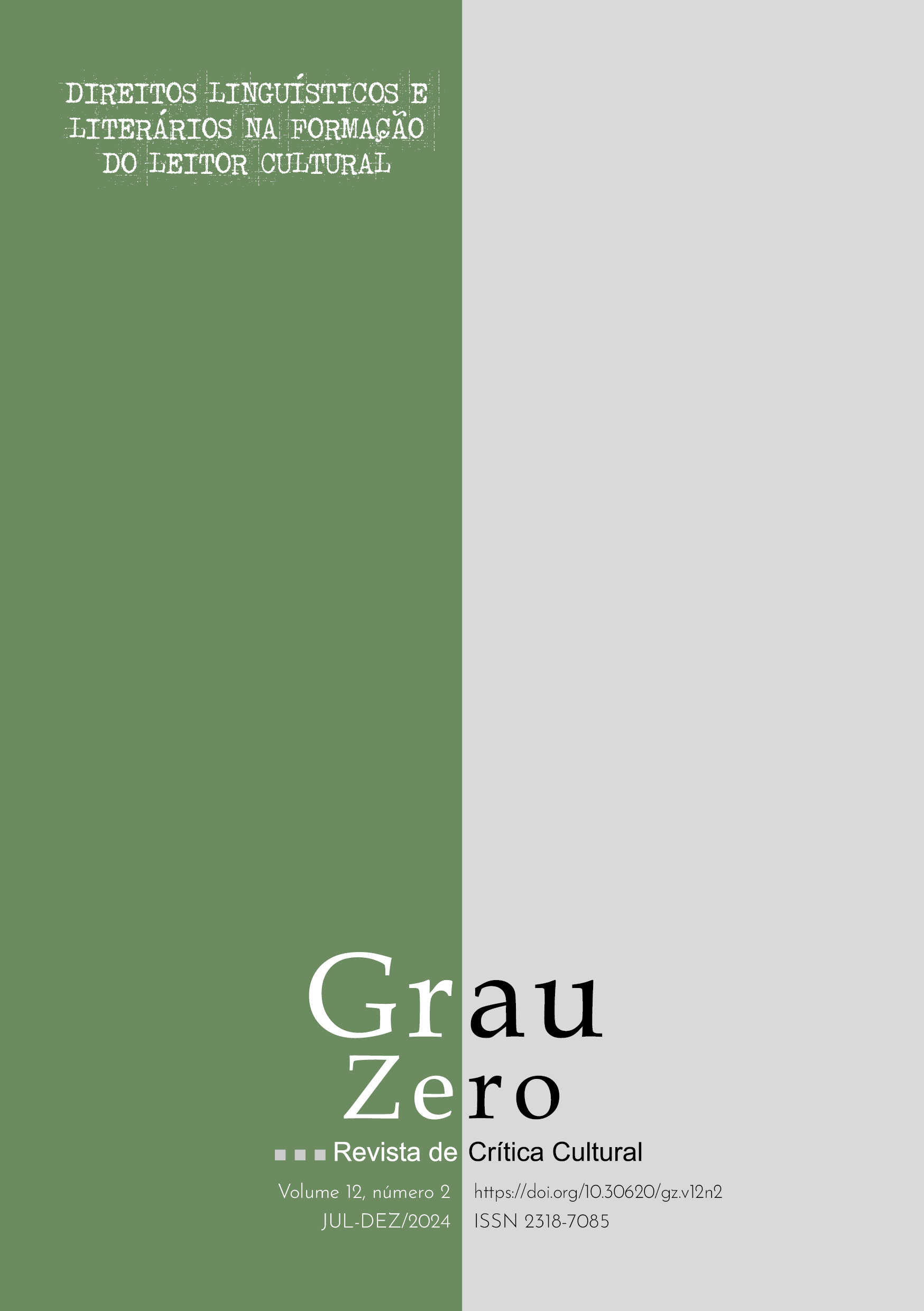Conselheiro do sertão
entre prédicas e conselhos – líder camponês
DOI :
https://doi.org/10.30620/gz.v12n2.p323Mots-clés :
Resenha. Pe. Enoque Oliveira. Canudos.Résumé
This study investigated the role of Brazilian cinema as a technology of race, through the analysis of stereotypes frequently linked to black women: the mulatta, the maid and the black mother. To this end, the characters from the central core of the 10 highest-grossing Brazilian films each year were analyzed, considering the years 2012 to 2019. The characters were initially categorized in terms of “black” or “brown”. Both categorizations were carried out independently by two research assistants at each stage, obtaining an agreement rate of 70% and 77%, respectively. There was a tiny participation of black women in the main centers (2.52%), and the high recurrence of the domestic worker stereotype between years. In this way, the most viewed national productions have reproduced and replicated stereotypes of black women, functioning as technologies of race and gender.
Téléchargements
Références
OLIVEIRA, Pe. Enoque. Conselheiro do Sertão: entre prédicas e conselhos – líder camponês. Salvador, Movimento Popular e Histórico de Canudos (MPHC),1997.
Téléchargements
Publié-e
Comment citer
Numéro
Rubrique
Licence
(c) Tous droits réservés Grau Zero – Revista de Crítica Cultural 2024

Cette œuvre est protégée sous licence Creative Commons Attribution - Partage dans les Mêmes Conditions 4.0 International.
Autores que publicam nesta revista concordam com o seguinte termo de compromisso:
Assumindo a criação original do texto proposto, declaro conceder à Grau Zero o direito de primeira publicação, licenciando-o sob a Creative Commons Attribution License, e permitindo sua reprodução em indexadores de conteúdo, bibliotecas virtuais e similares. Em contrapartida, disponho de autorização da revista para assumir contratos adicionais para distribuição não-exclusiva da versão do trabalho publicada, bem como permissão para publicar e distribuí-lo em repositórios ou páginas pessoais após o processo editorial, aumentando, com isso, seu impacto e citação.


















